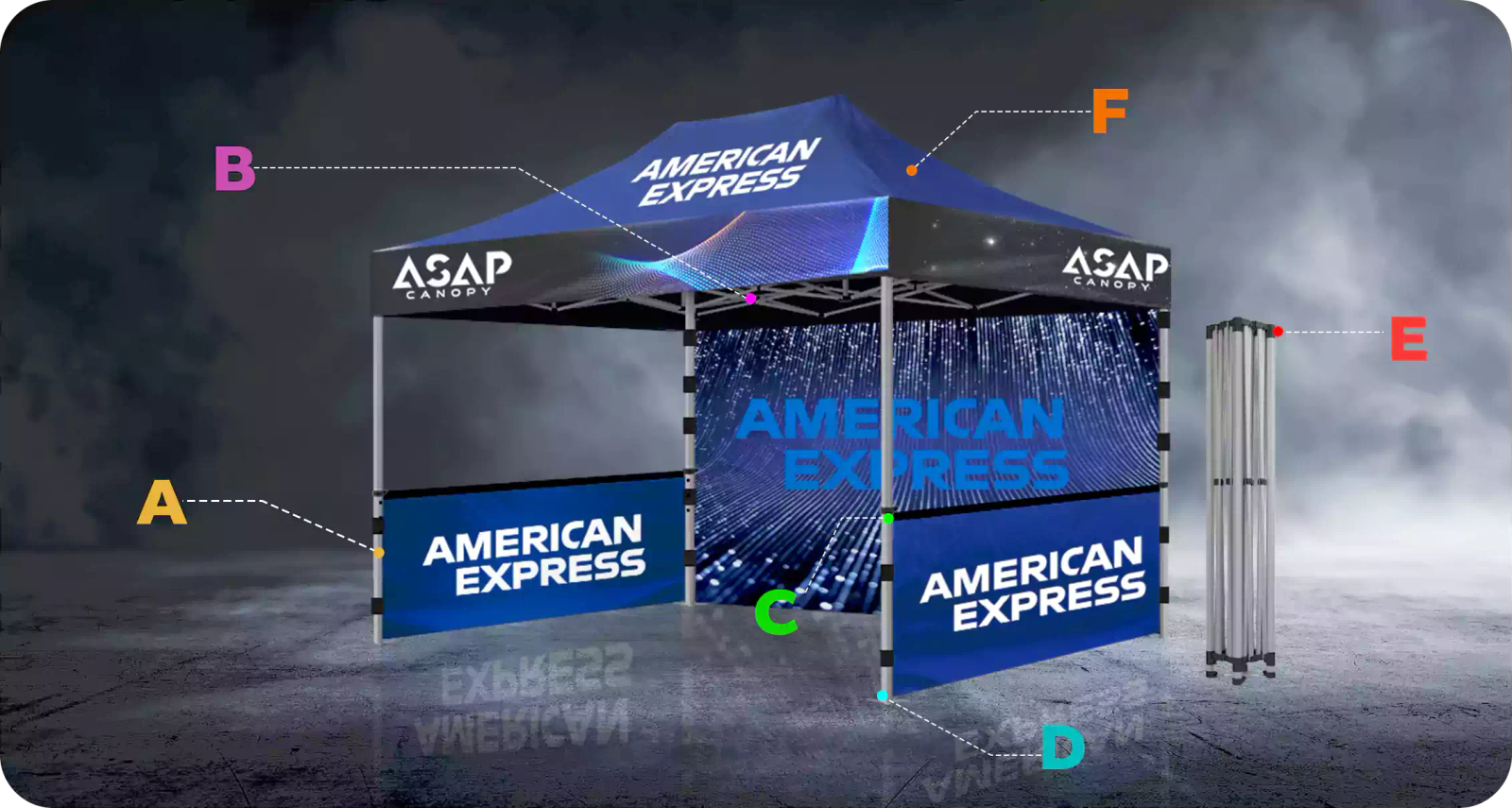ABC Recycling Machinery offers heavy-duty granulators for large volume recycling as well as smaller bench-top granulators for converting scrap in a lab or small manufacturing setting. The granulators have safety mechanisms to prevent operator injury or contact with internal cutting components. Proper feeding rate, screen configuration, blade sharpness maintenance and stable ground anchoring are also critical to safe and efficient operation.
After being finely granulated, the plastic regrind goes through additional recycling machinery such as washers, separating equipment and extruders to create new recycled plastic pellets. These pellets can then be resold to plastic product manufacturers.
"Our automated recycling line takes in dirty plastic waste destined for the dump, grinds it into uniform chips, washes it, separates it by plastic type through float-sink tanks and melt filtration and extrudes it into clean recycled plastic pellets," Smith said.
Plastic recycling machinery enables this closed-loop circular production by processing tamper-proof plastic feeds back into commercially viable recycled plastic resins. More durable, high-quality plastics can go through this granulate-melt-pelletize recycling process multiple times without degrading material properties or quality.
However, all plastics are not created equal when it comes to recyclability. Plastics numbered 1 through 6 based on resin identification codes give a general indication of how easily they can be recycled.
Polyethylene Terephthalate (PET - #1) and High Density Polyethylene (HDPE - #2), prime examples of easily recyclable plastic, maintain durability through repeated recycling cycles and also have high consumer usage as packaging making them economical recycling targets.
"PET and HDPE together account for approximately two-thirds of our plastic scrap intake by volume," Smith said. "They come from common bottles, containers and films with established collection and values channels making them the shining star materials for profitable plastic recycling."
On the other hand, plastic polymer varieties numbered 3 through 7 are much more difficult to efficiently sort, separate and recycle. Their chemical makeup ranges considerably and breakdown properties can cause issues with recycling machinery. Many towns and cities lack collection infrastructure for these plastic waste streams as well.
Leave a comment
Your email address will not be published. Required fields are marked *




